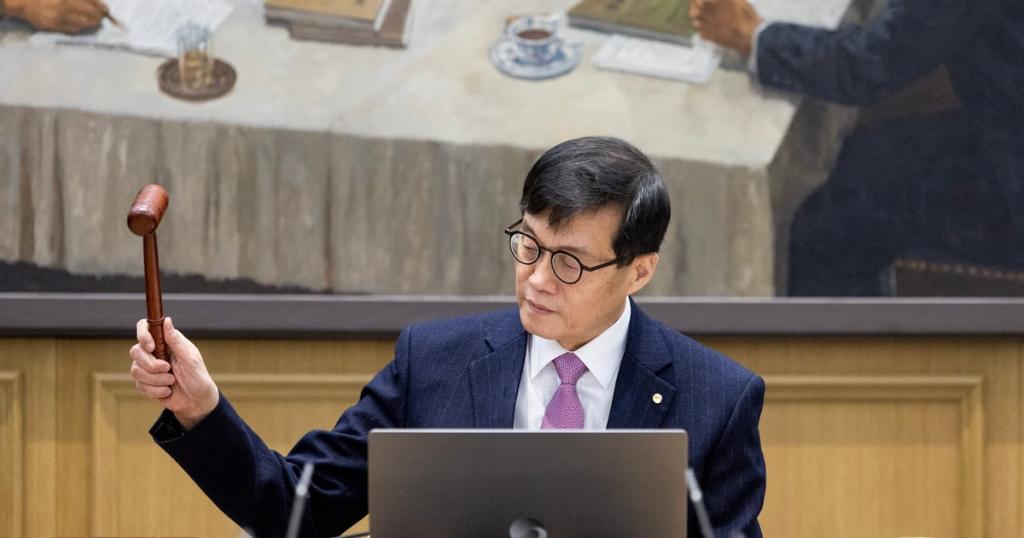Driving Jakarta's Financial Success Through Strategic Tax Reforms
Discover how Jakarta is optimizing tax revenue and budget management to drive economic growth and financial success in 2025.

Key Points
- Jakarta
's APBN 2025 budget reflects a strategic increase in funding for government institutions and agencies, aiming to enhance public services.
- The city targets tax revenue of Rp 2,189.3 trillion in 2025, emphasizing innovative collection strategies and technological improvements to boost compliance.
- Fiscal discipline is prioritized to maintain a balanced budget deficit, ensuring sustainable financial management while promoting economic growth.
As the capital city of Indonesia, Jakarta plays a pivotal role in the country's economy. Recent developments have shed light on how the city is striving to enhance its financial health through strategic planning and budget adjustments. With ambitious revenue targets and a keen focus on strengthening various sectors, Jakarta is unveiling the dynamics necessary for driving its financial success. This blog post delves into the key elements of Jakarta's revenue strategies, highlighting the government's focused initiatives on tax collection and budget allocation.
Revised Budget for Growth
The Indonesian Ministry of Finance recently reported a significant change in the budget allocation within the National Budget (APBN) 2025. The budget set to reach Rp 2,701.44 trillion signifies a notable increase in spending from Rp 1,094.65 trillion to Rp 1,160.08 trillion specifically for government institutions and agencies (K/L). This strategic budget reallocation aims not only to enhance operational efficiency but also to respond to pressing public needs and demands for improved services.

Tax Revenue as a Cornerstone
The backbone of Jakarta's financial framework is its tax revenue, which is projected to contribute a remarkable Rp 2,189.3 trillion in 2025. This target is not just a number; it reflects the government’s commitment to optimizing tax collection through innovative strategies. For instance, implementing a core tax system will involve substantial investments in technology and human resources, ensuring that the tax department is equipped to manage expectations effectively.
The role of taxes cannot be overstated, as they form the largest portion of the city’s original revenue. In the first half of 2024 alone, Jakarta’s regional income reached Rp 19.10 trillion, with tax revenue being the primary contributor. Among these contributions, the Motor Vehicle Tax stands out, having generated Rp 4.43 trillion. These figures reveal the potential for taxation as a vital source for funding urban development and public services.
Successful Implementation Strategies
To reach these ambitious targets, the city is focused on various strategies aimed at enhancing efficiency and compliance. For instance, the government plans to deploy joint audits and analyses that foster collaboration between different departments. Such a collaborative approach not only strengthens tax enforcement but also ensures that fiscal policies are aligned with the city's economic objectives.
Innovative Approaches to Revenue Collection
The increase in tax revenue isn't solely about collecting more; it's also about enhancing the experience for taxpayers. The Ministry of Finance is prioritizing the use of technology as a means to improve the efficiency of tax collection systems. This includes system upgrades for better data management and service delivery. Ensuring that taxpayers have a seamless experience is crucial for bolstering tax compliance.

The Importance of Fiscal Discipline
While financial success is the goal, it is equally important to maintain fiscal discipline. The adjustments made within the RAPBN 2025 are designed to ensure that there is no excessive expansion of the budget deficit, which is targeted at Rp 616.19 trillion. This balance between growth and prudence illustrates Jakarta's proactive stance on sustainable financial management.

In conclusion, Jakarta's financial success depends heavily on strategic budget management along with robust tax revenue initiatives. With a clear focus on optimizing its tax collection strategies and maintaining fiscal discipline, the city is not only addressing its immediate financial requirements but is also strategically positioning itself for future growth. The ongoing commitment to fiscal health and improved public services will ensure that Jakarta continues to thrive as a leading economic hub in the region. By monitoring these developments, stakeholders can gain valuable insights into the city's evolving financial landscape and its implications for broader economic stability in Indonesia.


